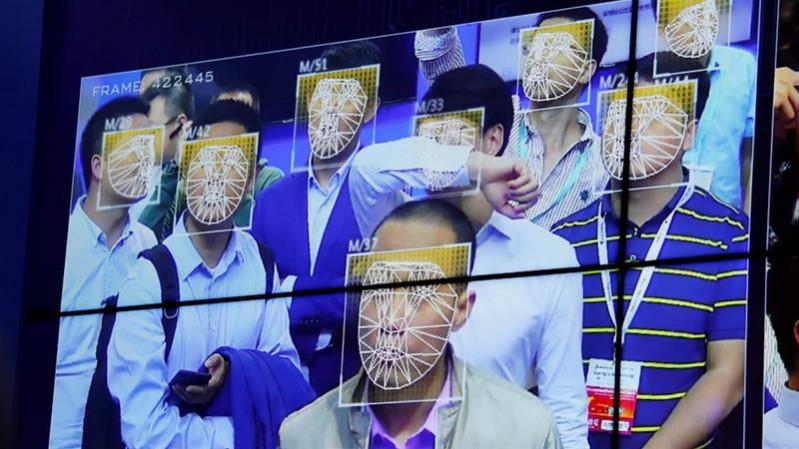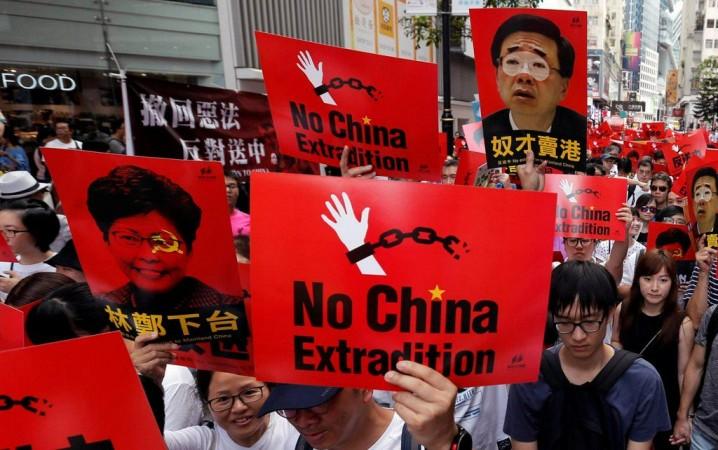
A Chinese spy disclosed highly classified information on senior military officials who carried politically motivated activities by Beijing aimed to interfere in administrations in Hong Kong, Taiwan and other, according to reports on Saturday, November 23.
The defector, named Wang "William" Liqiang, has provided Australia's security agency details of Chinese military officials in Hong Kong and described details of how Beijing funded and conducted operations in Hong Kong, Taiwan and Australia, according to Nine TV.
Other reports including the ones published in Sydney Morning Herald newspaper said Wang "revealed in granular detail" about how Beijing uses a list of covertly controlled companies to fund intelligence operations which include surveillance and profiling of dissidents and co-opting media organisations.
Wang had sworn to the Australian Security Intelligence Organisation (ASIO) in October saying: "I have personally been involved and participated in a series of espionage activities" in all the three countries, according to an interview with Nine TV, reported AP.
He admitted to entering Taiwan under a false identity with a South Korean passport to run undercover operatives aimed at meddling in the 2018 municipal elections as well in the upcoming presidential polls in January.
![[Representational image] Intelligence](https://data1.ibtimes.co.in/en/full/630266/intelligence.jpg?h=450&l=50&t=40)
He said local media executives were involved in the operation to influence the elections to defeat candidates who expressed anti-Beijing sentiments. Apart from the media, he revealed he was also part of a "cyber army" which worked extensively to sway political opinion similar to the Russian interference in the 2016 US presidential elections.
"Our work on Taiwan was the most important work of ours – the infiltration into media, temples and grassroots organisations," he was quoted as saying.
Describing what led to him seeking asylum in Australia, he said that he feared being discovered by Taiwan's counter-espionage authorities.
Tensions between Taiwan and China have escalated since Sunday after anti-Beijing president Tsai Ing-wen announced the island's former premier William Lai as her vice-presidential candidate. In a move termed as attempted intimidation, on the same day Beijing retaliated sailing an aircraft carrier through the strategic Taiwan strait.
While the Chinese military stated that the carrier crossed the sensitive territory for "scientific research tests and routine training," Beijing on Thursday slammed Lai's comment about working towards the island's independence and called it courting "a disaster."
Interference in Hong Kong's pro-democracy protests
Wang said a listed company played a major role in swaying the influence of the pro-democracy movement in Hong Kong's universities and the media. He described his role in the operation as infiltrating into the universities and directing cyberattacks and bashing towards protesters.
Saying that the operation was aimed at making "all troublemakers in Hong Kong terrified" he said, "They (his recruits) found out information about those pro-independence activists... and made public all their data, their parents' and family members'."

Mentioning the known aggressive stance that was taken by China in squashing anti-Beijing sentiments including the October 2015 kidnapping case of activist and Causeway Bay Bookshop owner Lee Bo, Wang said he was involved in the operation. Four other bookshop employees accused of distributing dissident materials were also taken to the mainland by Chinese authorities.
Other high-level operatives in Hong Kong including a senior manager at a major Asian television channel, according to Wang is actually "a current military cadre with a Division Commander rank".
The protest that began in June was primarily for full withdrawal of the proposed extradition bill that would allow China to pursue their political targets residing in the city ruled by the communist regime. However, it developed into a major political movement against Beijing's clampdown on freedom of independent judiciary and the right to protests that have threatened Hong Kong's sovereignty.
Australia's spy post-cold-war espionage
Wang stated that he met a Chinese human source in Australia who suggested to be conducting operations through a front company in one of the country's energy sector.
"He told me at the time he is based in Canberra. I know his position is very important," he said.
Australian intelligence had earlier stated that the number of spies in the country has increased multifold since the cold war and the threat of foreign interference is "unprecedented".

















